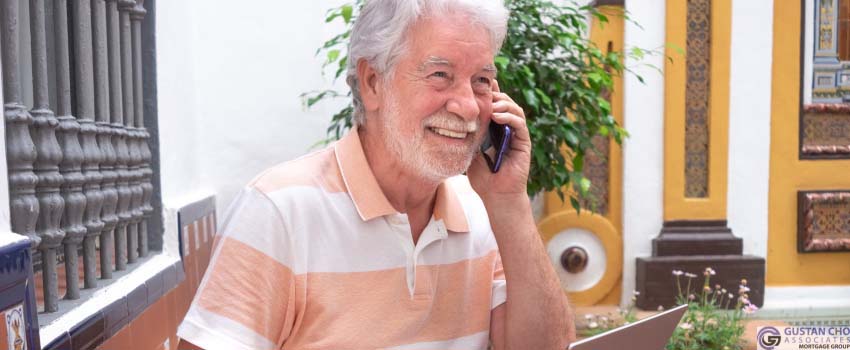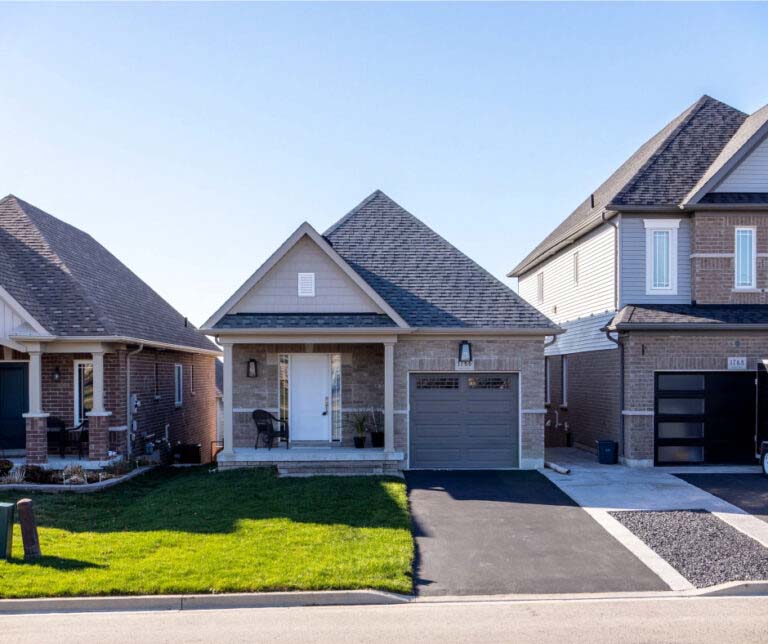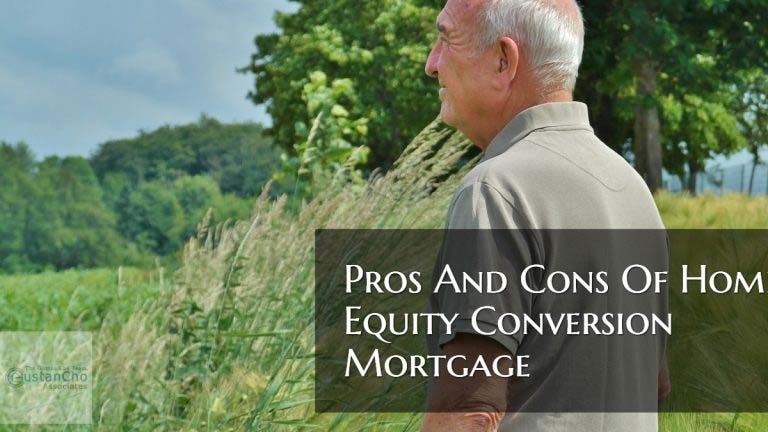In this blog, we will discuss and cover FHA reverse mortgages for senior homeowners. Homeowners who are 62 years old or older can qualify for FHA Reverse Mortgages. Reverse Mortgages are ideal for retired homeowners with limited fixed income such as pension or social security income. Seniors with not enough income to qualify for a traditional cash-out FHA or Conventional Loan, then FHA Reverse Mortgages may be the perfect loan program for them. The only requirement is that homeowners have enough equity in their homes. The higher the equity in home the more cash-out refinance proceeds homeowners can get. The older the homeowner is the higher the loan to value cap. In this article, we will discuss and cover mortgage guidelines on reverse mortgages.
What Are FHA Reverse Mortgages?
FHA Reverse Mortgages is also called a home equity conversion mortgage (HECM). FHA Reverse Mortgages are special types of refinance mortgage loans. Allows homeowners age 62 or older possible to tap the equity in their homes. There are various options of distribution plans on reverse mortgages offered to borrowers. Disbursements from reverse mortgages can be disbursed in two ways. It may be a lump sum that they can take out at once and use it for any reason. It may be a stream of regular payments paid over the life of the homeowner.
No Monthly Payments Required on FHA Reverse Mortgages
Unlike traditional home equity loans, there are no monthly payment requirements on FHA reverse mortgages. Homeowners do not have to pay a single mortgage payment as long as they occupy the home. The home to be eligible for FHA reverse mortgages need to be an owner-occupant home.
Reverse Mortgage Guidelines
Reverse mortgage borrowers must have to reside in the home they are taking out the reverse mortgage from. They need to stay current on their property taxes and insurance. Disbursements may be used to supplement social security, meet unexpected medical expenses, make home improvements, and more. The equity built up over years of home mortgage payments can be paid to the reverse mortgage borrower. But unlike a traditional home equity loan or second mortgage, no repayment is required until you no longer use the home as their principal residence or you decide to sell their home
What Are FHA Reverse Mortgages Eligibility Requirements
Reverse mortgage borrowers and any co-borrowers must be at least 62 years old to qualify. Here are the basic requirements:
- Reverse borrowers need to own their home free and clear or have a very low mortgage balance
- The home must be the principal residence
- May be a single-family or 2 to 4 unit dwelling
- Condominiums and Planned Unit Developments (PUDs) may be eligible if they are in HUD-approved developments
- Borrowers do not need a job to qualify for reverse mortgages
- Borrowers are required to attend and complete a Federally required housing counseling course
Unlike ordinary loans, a reverse mortgage does not require repayment as long as homeowners live in their homes. Principal, plus interest is recovered when the home is sold. The remaining value of the home goes to you or your survivors.
What Are The Maximum Loan Amounts For FHA Reverse Mortgages
The maximum amount of a reverse mortgage varies by geographic area and changes frequently.
- Normally the maximum value of the subject property cannot exceed $650,000
- If it does, they will not go beyond the $650,000 value
- The amount borrowers can borrow (LTV) depends on their age
- The older a borrower is, the more they can borrow
Please contact us at Gustan Cho Associates Mortgage for the maximum mortgage amount for your area.
How Are Cash Disbursements Made on Reverse Mortgages
There are five options borrowers can choose from for receiving cash disbursements. They are not limited to a single option. As their needs changes, reverse mortgage borrowers may change from among the following reverse mortgage disbursement options:
- Tenure – equal monthly payments as long as at least one borrower lives and continues to occupy the property as a principal residence
- Term – equal monthly payments for a fixed period of months selected
- Line of Credit – unscheduled payments or in installments, at times and in amounts of your choosing until the line of credit is exhausted
- Modified Tenure – the combination of a line of credit with monthly payments for as long as you remain in the home
- Modified Term – the combination of line of credit with monthly payments for a fixed period of months selected by borrowers
Remember that repayment of FHA reverse mortgages does not start until the homeowner no longer occupies the home as their principal residence. Homeowners of FHA reverse mortgages will be responsible for making insurance and property tax payments but payments on the reverse mortgage do not begin until they no longer occupy your home. It is mandatory that a reverse mortgage borrower seek professional credit counseling prior to closing on a reverse mortgage refinance loan.
Comparing Reverse And Traditional Mortgages
- A reverse mortgage is best explained by comparing it to traditional or “forward” mortgage
- With government and conforming loans, mortgage lenders check the borrower’s income and credit history
- It also appraises the home with a home appraisal to ensure that its market value is sufficient to support the loan
- The mortgagor borrows money from the lender using the home as collateral
- The homeowner pays the lender each month an amount representing principal and interest
- As the debt is paid down, the borrower’s equity in the home grows
Homes can also increase in value with market appreciation.
How Does HUD Reverse Mortgages Work?
A reverse mortgage works in the opposite way.
- The homeowner receives money from the lender based on the home’s appraised value
- The loan’s collateral is the home’s equity or its appraised value
- The homeowner doesn’t make any monthly payments to the lender
- There are reverse mortgage programs where the lender makes payments to the homeowner each month (or in whatever way the terms of the reverse mortgage have been established)
- The term and conditions of reverse mortgages depend on the appraised value of the home
- There is no minimum amount of income to qualify for a reverse mortgage unlike traditional forward purchase home loans
Homeowners do not need any income to qualify for HUD Reverse Mortgages.
Equity Is Required To Qualify For Reverse Mortgage
With a reverse mortgage, the homeowner is increasing the debt on the home by taking the equity they have in their home in cash. No repayments are made until the home passes or sell the home. The result of a reverse mortgage is just the opposite of traditional forward home loans:
- mortgage loan balance increases every month
- debt increases and the home equity decreases
- The mortgage loan balance amount owed increases every year
- Homeowners who live over 100 years old still do not have to worry about making any payments on FHA Reverse Mortgages
The loan does not have to be repaid until the owner dies, moves from the home sell the home, or fails to maintain it properly, keep it insured, or pay property taxes. The final payment to the lender is typically structured not to exceed the home’s selling price.





